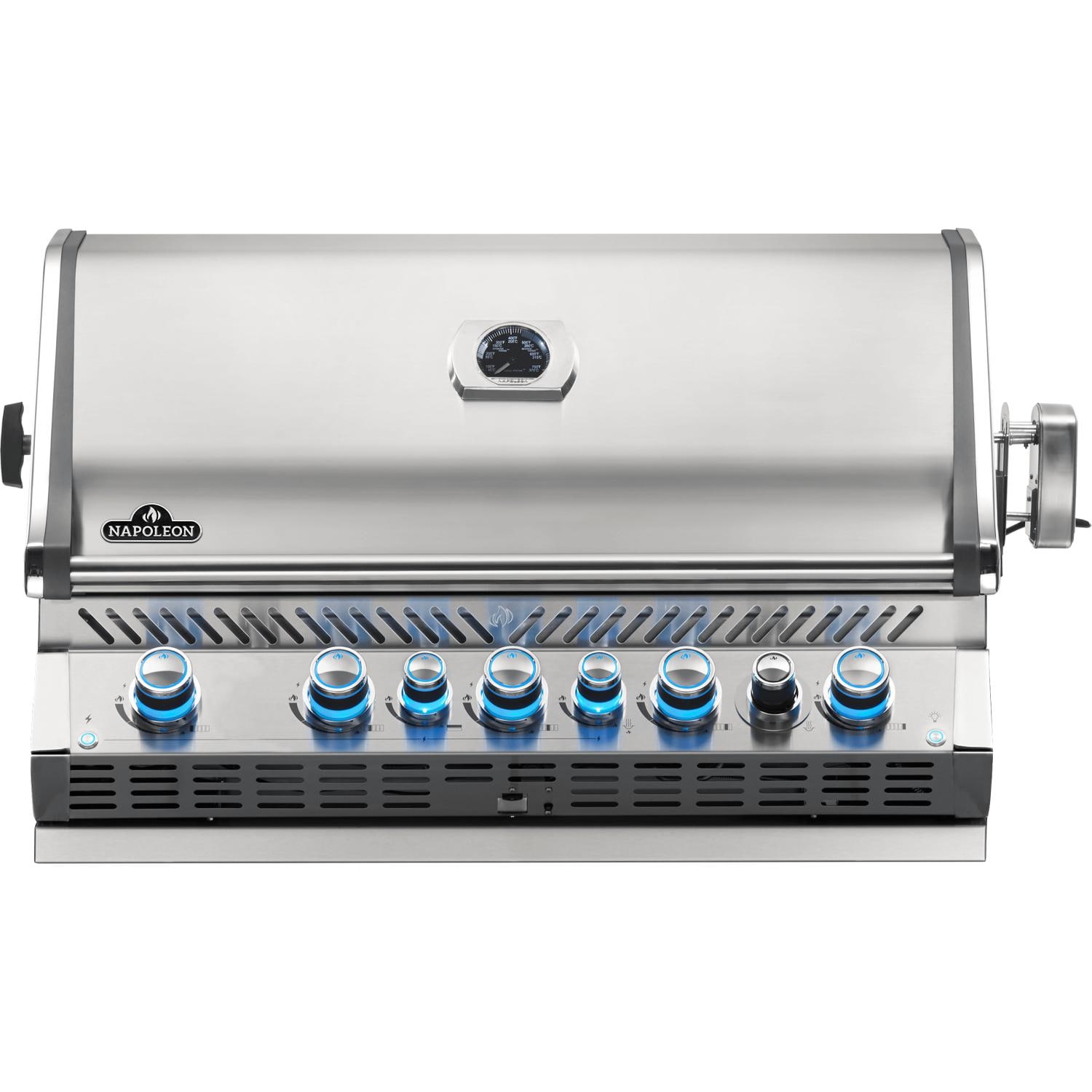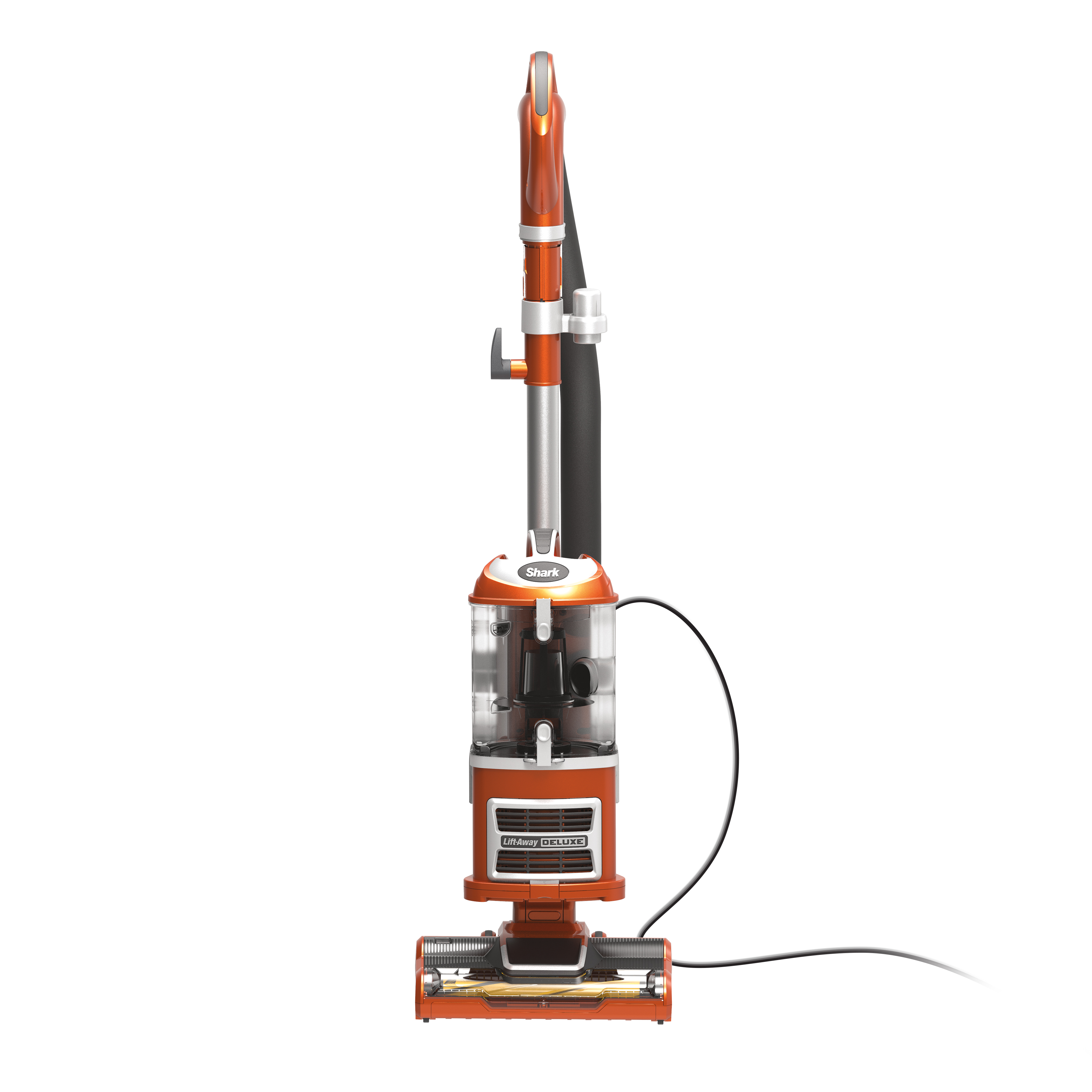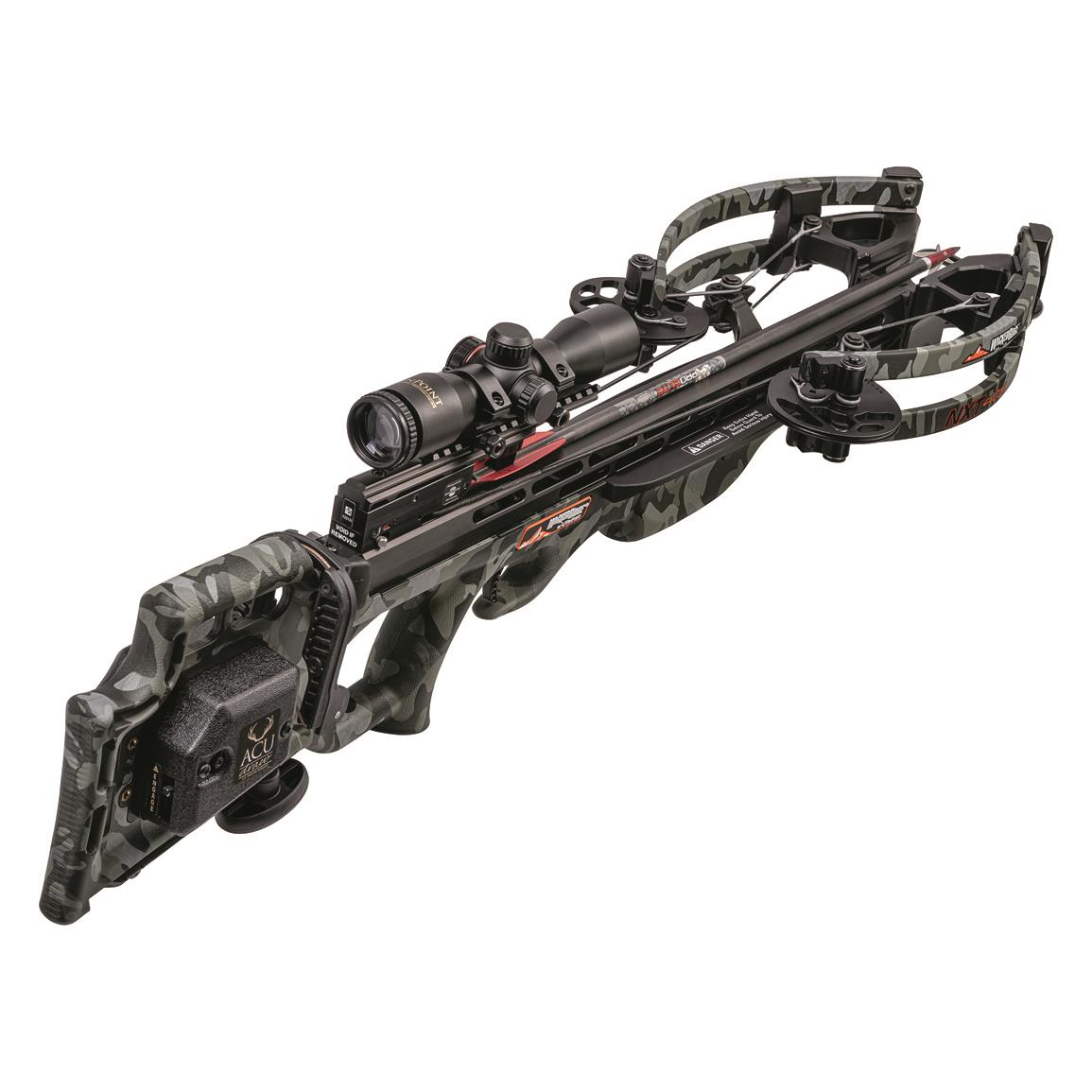Napoleon Prestige PRO 665 Built-in Natural Gas Grill with Infrared Rear Burner and Rotisserie Kit – BIPRO665RBNSS-3
Five stainless steel burners deliver impressive heat and longevity. Rear infrared rotisserie burner and rotisserie kit allows you to slow roast food with restaurant quality results. Jetfire ignition system is designed to safely and reliably light the burners.
- LED Spectrum Night Light control knobs with SafetyGlow
- Five stainless steel burners deliver impressive heat and longevity
- Rear infrared rotisserie burner and rotisserie kit allows you to slow roast food with restaurant quality results
- Jetfire ignition system is designed to safely and reliably light the burners
- Wood chip tray with dedicated burner infuses your food with smokey aromatics
The Napoleon Prestige PRO 665 brings engineered quality at an economical price to your grilling experience. This built-in natural gas grill has five stainless steel tube burners that provide up to 60,000 BTUs of cooking power. The grill has stainless steel cooking grates with 665 square inches of main cooking area and 335 square inches of warming area for a total of 1000 square inches of cooking area. Easily turn the burners on with flame ignition for a reliable start up. The stainless steel wave cooking grids create the trademark Napoleon sear lines. The stainless steel, self-cleaning sear plates vaporize drippings, control flare ups and keep your food moist. The Prestige PRO 665 also has a 18,000 BTU stainless steel rear infrared burner for slow cooking with the rotisserie kit. An integrated wood chip smoker tray pulls out for easy filling and has a dedicated 8,000 BTU burner that creates delicious smoke flavor. The hood features an Accu-Probe temperature gauge, stainless steel end caps and retains heat for oven-like performance. The LED Spectrum Night Light control knobs have near limitless color options making your night time entertaining a breeze, and they glow red when a burner is in use while two interior lights illuminate the grilling surface. Clean up is a cinch with the full width removable drip pan. This Napoleon grill is manufactured in Canada.
Legal disclaimers and warnings
Product packaging, owners’ manuals, installation instructions, and/or operating instructions may include more information than what is shown on our website. The content on our site is intended to be used for reference purposes only. Please fully read all included manuals and documentation before installing or using this product. WARNING for California residents: this product may contain chemical(s) known to the state of California to cause birth defects, cancer, or other reproductive harm.
Additional information
| Dimensions | Width 41.75" |
|---|






by Steven
This is the coolest grill!!! Cooks great, and looks even better!!
by Erez
Grate body quality, ‘open box’ experience with some problem (missing screws on the smoking tube nub) Grate customers service to solve the problem.
by Erik
Love the lights inside and out. Super easy to light and cooks nice. Perfect for our outdoor kitchen.
by Nelson
We were 15yr+ veterans of a competing brand similar product and the switch to Napoleon for us came down to the balance between quality and customer service. The perfectly designed accessories compliment the design and our cooking experiences. Since installation, this grill has never had more than a few days and has met all expectations for our 4 seasons cooking needs.
by Todd
Excellent product quality. Very happy with purchase.
by Bon
I built my outdoor dream kitchen and this grill made it complete. I love working with cast iron and Napoleon Pro 665 built in was the perfect equipment that gives me the grill space to use cast iron pans and leaves room still for grilling on the side. The rotisserie is well made and cooks to perfection. I’ve done lamb, prime rib, chicken, duck…. all come out cooked juicy to perfection! ONE RECOMENDATION: I wish that Napoleon would come out with aluminum inserts for the drip tray. As a work-around I bought some inserts made by Traeger. Unfortunately they don’t fit as if they were made by the manufacturer. This would make light of the work to clean out after each meal. I like to keep my equipment pristine. NOTE: You need to be extremely careful when cleaning the drip tray, I’ve learned to wear cut-resistant gloves when cleaning as the edges of the drip tray are as sharp as a knife. No seriously, they will slice your finger.
by Neil
This grill cooks evenly across the entire surface. It’s the first time I am able to control temperature accurately. I can set it to 300 degrees and it stays there. Heat up quickly and the seater is amazing! My steaks and lamb chops get a beautiful seat in seconds. I’m also a fan of the lite fails showing which burners are on. I can see them thru my sliding door to make sure they are all off. Rotisserie burner also does the job efficiently. Customer service is five star. I have it five stars because it checks off everything I want in a grill…great job Napoleon! Just a heads up – The motion detector that activates the the lights and logo light is really a heat sensor. I live in Phoenix and when the outside temp hits 90 then the lights stay on all day. It thinks a warm body is nearby. They have to fix that but it works fine for everything I need so I’ll keep the 5 star rating.
by Perm
Bought this after building an outdoor kitchen. Looks great!
by Chief
I bought this grill Memorial Day weekend to replace a Ducane because Weber quit making replacement parts. I have not been disappointed. With the high BTU’s i can do a lot of indirect cooking so making full meals outside is an added bonus during the short summer season in Michigan. Looking forward to using the smoke tray for some fall football Saturday’s. I had a small issue with the electronic igniter upon installation but the dealer handled that promptly.
by Richard
I bought this grill to replace a previous built in grill. The best thing about this grill is that it does not flare up like my old one did and it is easier to control the heat. The only negative is that when the wind is blowing 20 mph + the burners when on lower settings will blow out. Adding an adjustable baffle to the air intake area would greatly improve this from happening. To help keep this from happening I made an attachable cover for the opening.